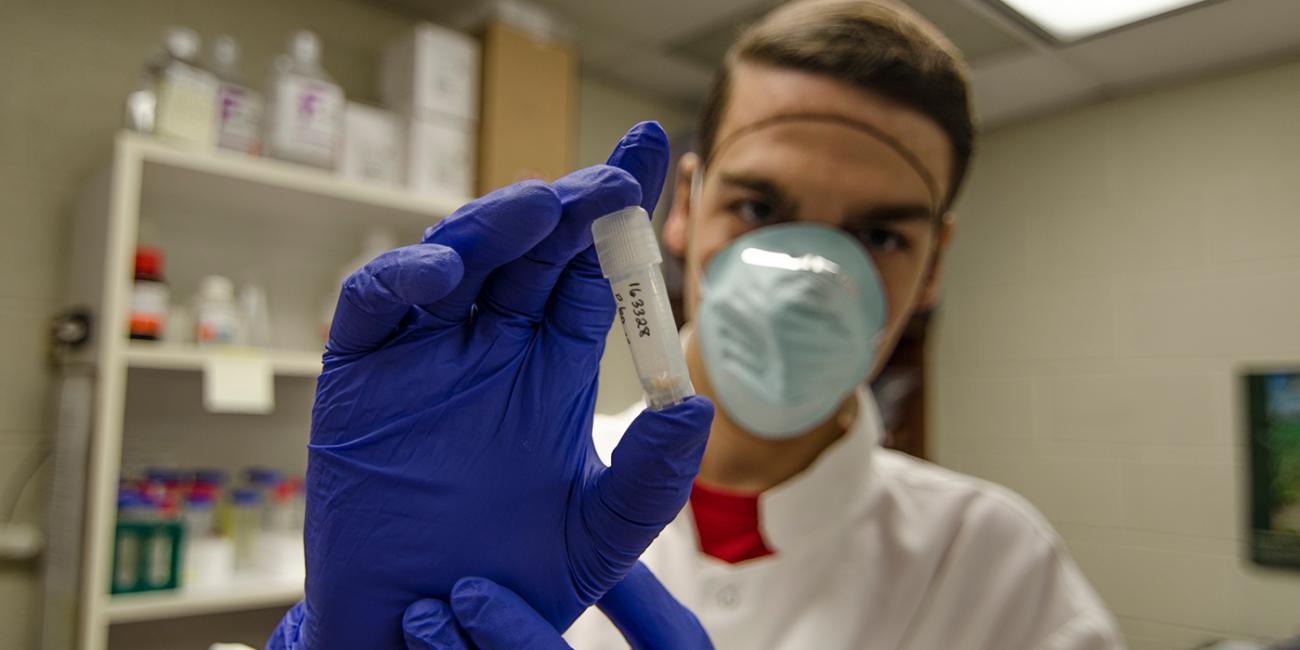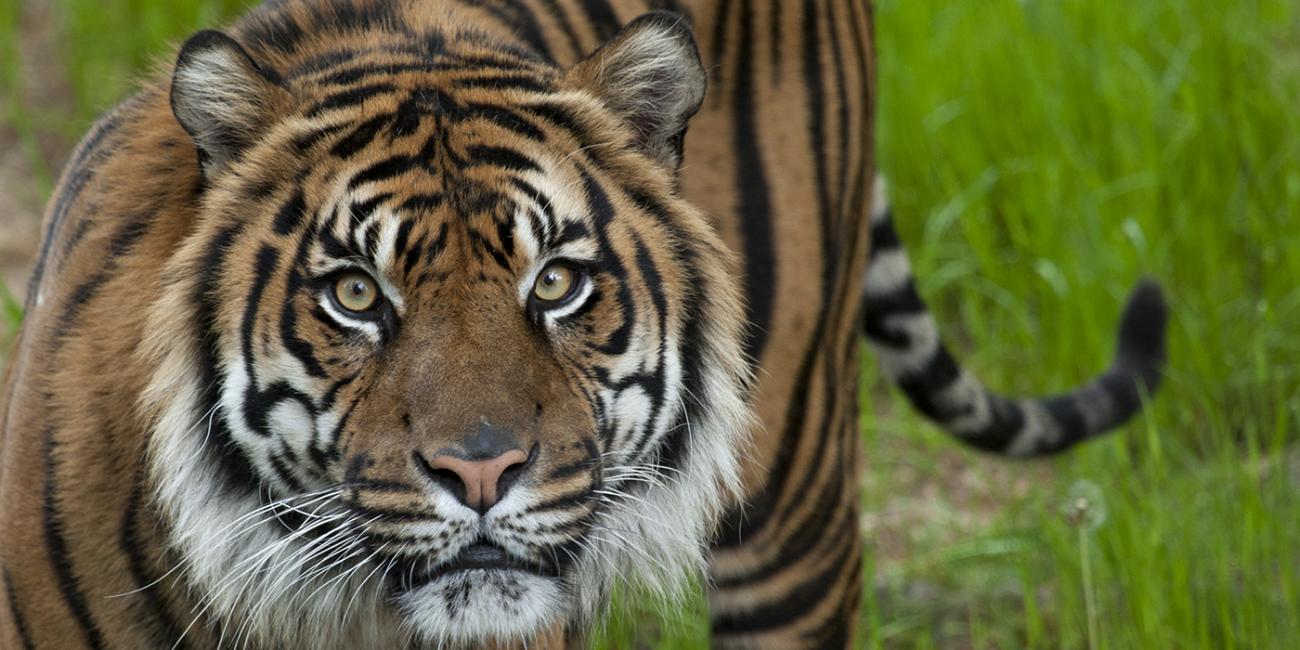Biography
Lilly Parker is a graduate fellow at the Center for Conservation Genomivs. Her research interests include many aspects of evolutionary biology, including population and landscape genomics and phylogenomics, as well as methodology for sequencing DNA from suboptimal materials, including non-invasive, ancient and environmental samples. She is also passionate about science outreach and education, in particular increasing representation of underrepresented minorities and women in STEM fields.
Parker's projects include:
- Estimating the effects of invasive mink on native otter populations in Chile
- The effect of glacial cycles on the population dynamics of mountain treeshrews (Tupaia montana) in the sky islands of Borneo
- Evaluating the utility of mammalian claws as sources of DNA from preserved specimens
The primary focus of Parker’s dissertation research is to understand how the complex geological and geographic history of Wallacea and New Guinea shaped patterns of mammalian diversity, using the marsupial family Phalangeridae as a model. She hopes that her work will not only lend insights into the historical biogeography of Wallacea and New Guinea, but also help to set conservation priorities in the region.


